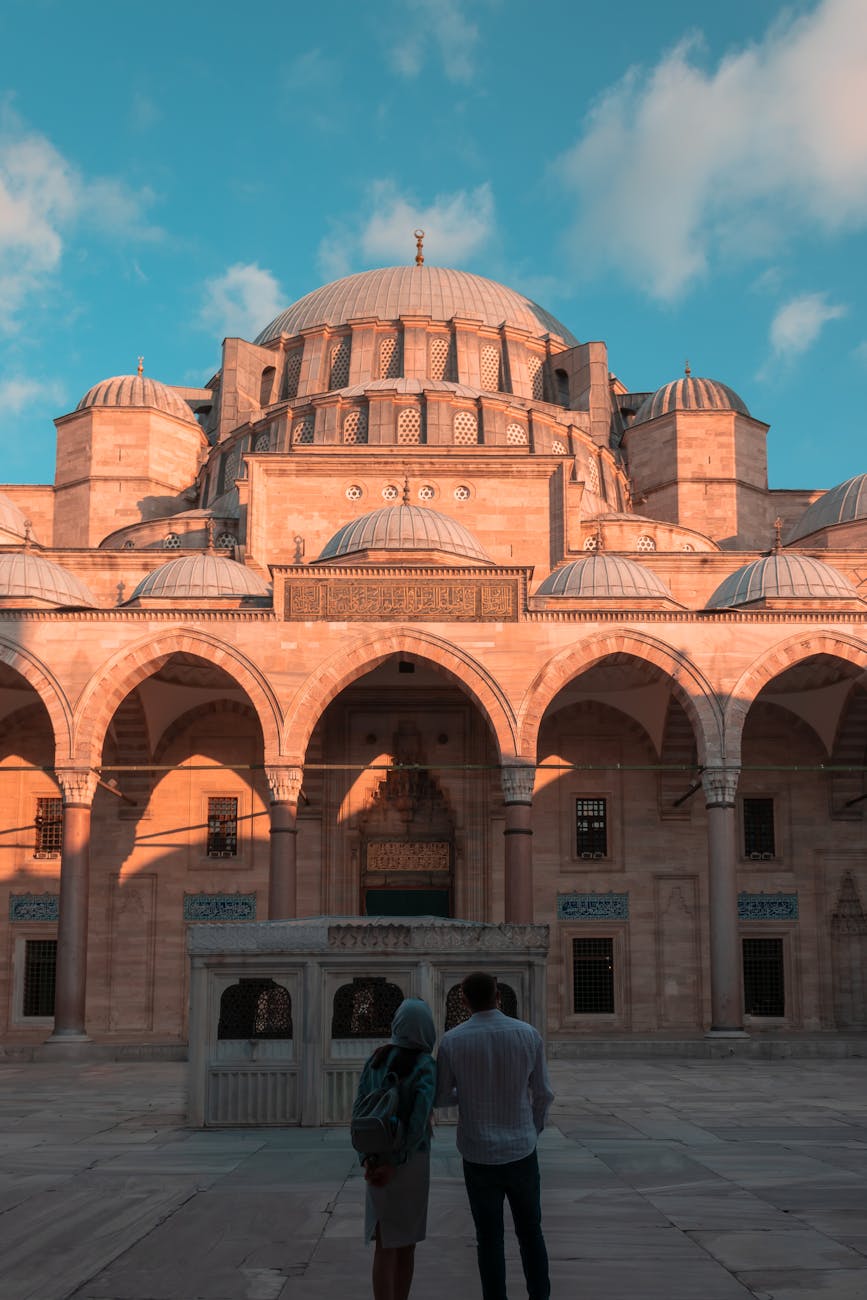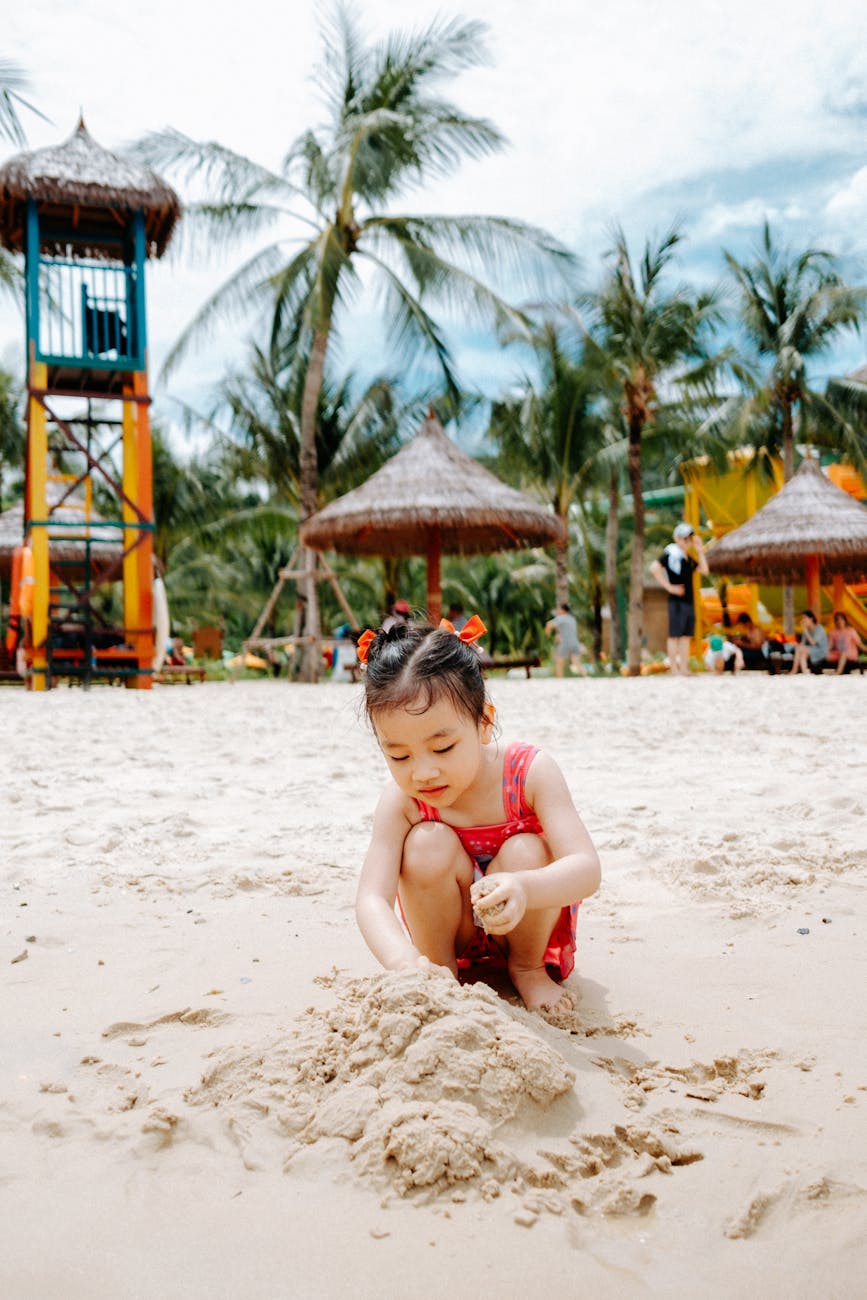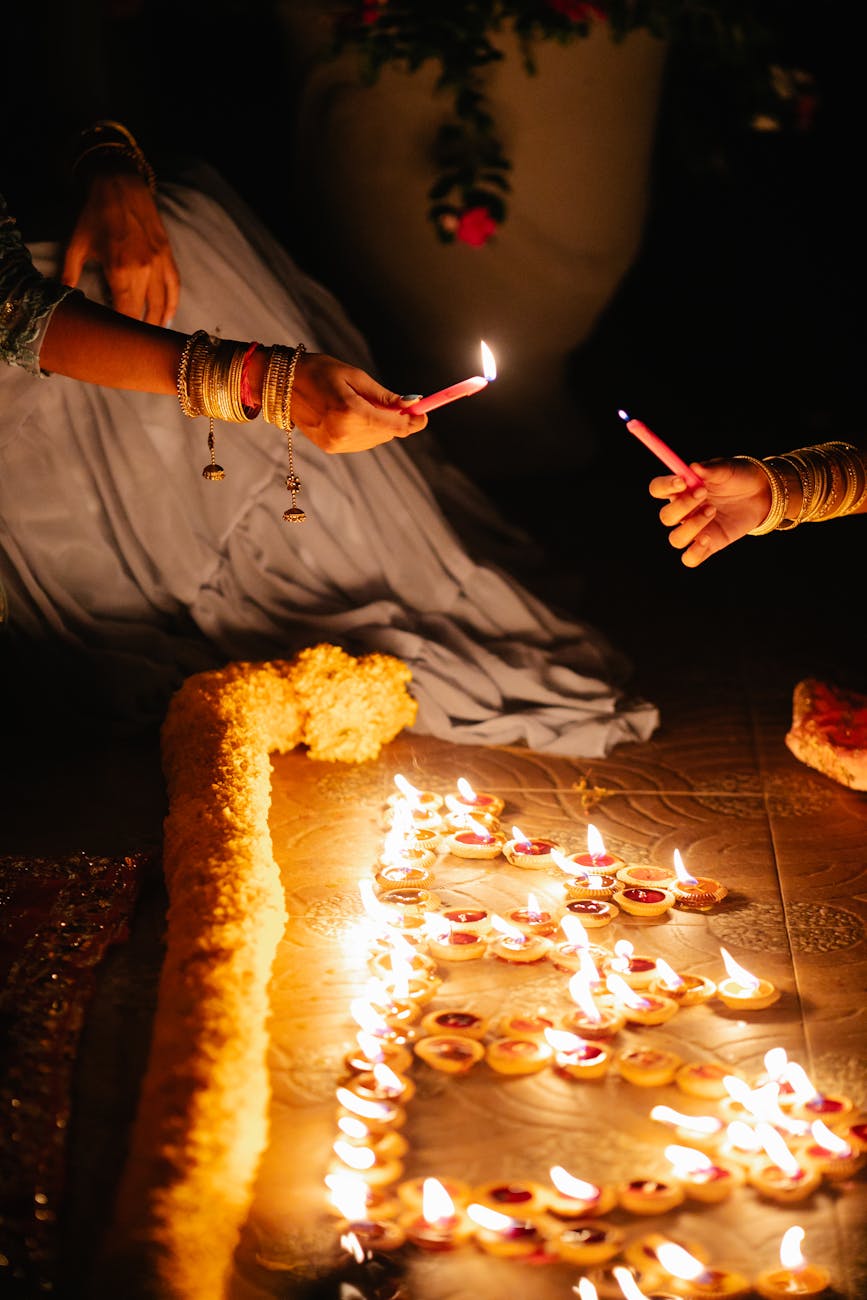Have you ever wondered how ancient traditions weave their way into modern society? Ancient pilgrimages hold a treasure trove of insights that shine a light on the way we celebrate holidays today. From the heartfelt journeys of our ancestors to contemporary festivities, there’s a rich narrative connecting us all through time. This exploration isn’t merely about travel; it’s an invitation to see how the essence of these sacred paths can enhance our understanding of modern celebrations.
While the significance of ancient pilgrimages may seem worlds apart from contemporary holidays, intriguing parallels emerge upon closer examination. In this blog post, we will delve into how these age-old customs shape our festive experiences, encourage unity, promote personal reflection, and cultivate a deeper connection with spirituality. Let’s embark on this journey together, revealing the secrets that the past holds for our present celebrations.
Table of Contents
- Historical Context of Pilgrimages
- Spiritual Significance
- Community Bonding
- Personal Reflection and Growth
- Cultural Integration in Holidays
- Timeless Echoes of Pilgrimages
- A Journey Worth Taking
- FAQ
Historical Context of Pilgrimages
In ancient times, people embarked on pilgrimages as acts of devotion and purpose. These journeys often spanned months, with travelers enduring various challenges to reach sacred sites. The motivations behind these long treks were diverse, rooted in culture, faith, or even a quest for healing. For many, the pilgrimage wasn’t just about the destination; it was also about the transformation that occurred during the journey itself. This transformative experience echoes in modern holidays, as many celebrations have evolved from ancestral rituals imbued with deep meaning and gathered wisdom.
As we look at contemporary celebrations, many still mirror the dedication shown in those early pilgrimages. Consider how holidays like Christmas or Eid have historical underpinnings in devotion and gratitude. Despite the modern hustles and distractions, there’s something profound about gathering for shared rituals that connect us back to those ancient practices. By understanding the origins of these traditions, we can appreciate modern festivities with a richer context, fostering a sense of belonging and continuity.
Spiritual Significance
Spirituality underpins countless pilgrimage practices across cultures and eras. Ancient pilgrimages often involved visiting sacred places believed to be blessed by divine energies. These journeys were laden with rituals, prayers, and meditative practices designed to deepen one’s faith and understanding of the universe. Today, some of these spiritual elements can still be found within our modern celebrations, elevating them beyond mere festivity.
The act of gathering for holidays often serves as a moment of collective introspection, a time when we reconnect with our spiritual selves and contemplate our paths. Whether it’s through the solemn observance of Passover or the vibrant energy of Diwali, each holiday invites us to reflect, unite, and seek something far greater than ourselves. This enduring spiritual essence transforms our celebrations into meaningful experiences that span generations, speaking volumes about the impact of ancient traditions on modern life.
Community Bonding
Community involvement has always been intrinsic to pilgrimage experiences, with like-minded individuals coming together to support one another on their journey. This shared spirit of camaraderie fosters connection and forms bonds that ripple through societies. Present-day holidays echo this profound sense of community, emphasizing togetherness in diverse and unique ways.
<pTake, for instance, the communal meals shared during Thanksgiving or the joyous celebrations of New Year's Eve around the globe. In a world that often feels disconnected, these gatherings serve as vital moments for strengthening relationships and social ties. Holiday traditions serve as a platform to invite friends and family, rekindle old friendships, and forge new connections while celebrating shared values. These interactions reflect an age-old desire to find belonging, continuing a legacy that began with ancient pilgrim communities.
Personal Reflection and Growth
Pilgrimages have historically been transformative journeys that led individuals to introspection and personal growth. They often involved challenges and trials that pushed travelers to reevaluate their beliefs and life choices. Similarly, modern holidays can serve as opportunities to step back from everyday life, encouraging us to pause, reflect, and grow.
<pFor instance, New Year's resolutions encapsulate this ethos of renewal, offering individuals the chance to reflect on the past year while looking ahead. This ritual, much like a pilgrimage, symbolizes a moment of inner reflection, aiming for personal betterment and understanding. By embracing these moments of introspection during holidays, individuals foster a deeper connection with themselves and those around them, generating personal growth that resonates beyond the festivities.
Cultural Integration in Holidays
The beauty of ancient pilgrimages lies in their ability to adapt and integrate aspects of varying cultures as they spread through time and place. As people traversed new lands, they exchanged customs and rituals, fostering a rich tapestry of cultural practices. Modern holidays continue this trend, becoming melting pots of cultural traditions that celebrate diversity and foster inclusivity.
<pConsider the various ways different cultures celebrate Christmas or even Halloween. From Christmas trees and festive lights to Dia de los Muertos’ vibrant celebrations of life, the incorporation of various cultural elements serves to enrich these holidays. They not only reflect creativity and tradition but also embody the unifying spirit of shared experiences across cultures. Embracing these diverse influences not only enhances our celebrations but also cultivates a greater appreciation for our global community.
Timeless Echoes of Pilgrimages
Ancient pilgrimages, despite differing in customs and destinations, share a core essence that transcends time and space. They mirror humanity’s innate quest for meaning, connection, and transformation. As we observe modern holidays, we uncover echoes of these timeless journeys through myriad traditions and practices, revealing a universal human experience.
<pThis connection allows us to appreciate holidays as not merely personal but collective experiences that have been shaped by centuries of tradition. The stories, emotions, and aspirations inherent in these celebrations remind us of our shared humanity and the continuing influence of those who walked the paths before us. By nurturing this awareness, we enrich our own celebrations, weaving a narrative that ties us to a tapestry of traditions that span across epochs and societies.
A Journey Worth Taking
Embracing the wisdom of ancient pilgrimages offers a unique lens through which to view modern holidays. The themes of transformation, community, and spirituality can illuminate our festive experiences, allowing us to cherish their true essence. When we acknowledge these age-old connections, we cultivate celebrations infused with meaning, purpose, and depth.
<pSo next time you gather with loved ones or observe a holiday tradition, take a moment to reflect on the historical tapestry that underpins your experience. Within this rich narrative lies a reservoir of insights that not only appreciate the past but also enhance our present. By strolling as modern pilgrims through the pathways of our festivities, we reinforce the fabric of connection that binds us to each other and the narratives of those who came before. While celebrations may differ, the essence of joy, unity, and reflection remains eternally relevant and powerful.
FAQ
1. What is the significance of ancient pilgrimages in modern celebrations?
An ancient pilgrimage often exemplified a quest for spirituality and personal reflection. Modern celebrations draw from these themes, creating meaningful experiences that reflect our cultural heritage.
2. How do pilgrimages foster a sense of community?
Communal experiences are intrinsic to both pilgrimages and holidays, encouraging bonding and social connections. Gathering for celebrations strengthens relationships, fostering a sense of belonging and unity.
3. In what ways do modern holidays reflect ancient practices?
Modern holidays echo ancient practices through rituals, communal gatherings, and themes of renewal and introspection, creating a link between past and present celebrations.
4. How can embracing historical traditions enhance modern festivities?
Understanding the origins and narratives behind traditions enriches our modern celebrations, allowing us to cultivate deeper connections and a greater appreciation for the significance of our festive experiences.
5. Why is the celebration of diversity important in modern holidays?
The integration of various cultural elements in holidays fosters inclusivity and celebrates diversity, promoting a shared human experience that honors the legacies of multiple cultures.
Image Credit: Pexels





